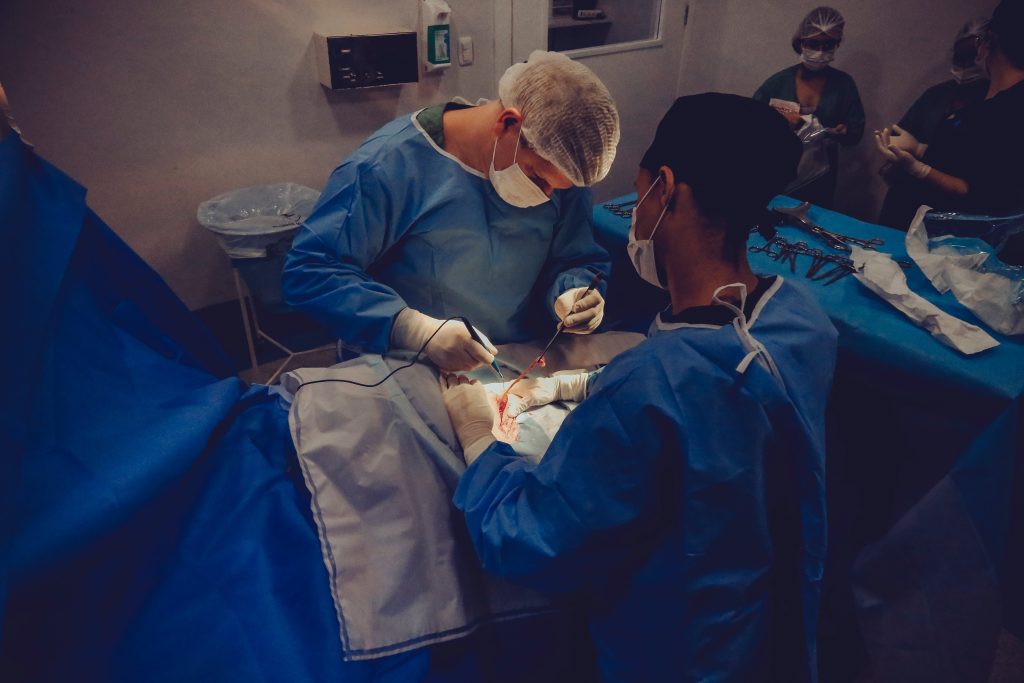Blog
Clinical Rotations and Nursing Internships: Making the Most of Your Experience
Quality clinical experience is a crucial prerequisite for today’s registered nurses, just as an internship in a non-healthcare-related sector is highly recommended. What makes clinical experience crucial for nurses? Since it gives you practical experience and teaches you how to apply nursing theory concepts in a useful hands-on setting.
In nursing paper education, clinical experience is crucial because it prepares students to work with actual patients and consolidates the knowledge they learn in labs and in the classroom.

At Myassignmenthelp.com, let’s examine the value of clinical experience in nursing assignments from the perspective of an aspiring accelerated nursing student.
What is Clinical Rotations in Nursing?
The cornerstone of your nursing education is your clinical rotations. Clinical placements are recognized as an essential component of nursing education, regardless of educational institution, as they expose students to a range of real-world scenarios and experiences.
The settings you will likely work in after graduation range from hospitals and mental health facilities to community health centers and outpatient clinics. You may see how nurses interact with patients in these settings, and you can also obtain practical nursing experience. At this point, if you are confused about the importance of clinical rotations in nursing papers, then ask the MyAssignmentHelp experts.
The Importance of Clinical Rotations
You cannot become a nurse without first completing clinicals as a student. Clinical rotations are a crucial component of your nursing education. In reality, clinical rotations are a must in any recognized nursing program because they give you, as a student, practical experience in providing patient care. We’ll look at some of the advantages that clinical experience offers nursing students, from new skills to preparing them for actual nursing job environments and beyond:
- Enhance and refine your nursing skills
You can learn nursing skills and procedures through coursework and labs, but using them in a real healthcare setting and with actual patients is necessary. A nurse’s everyday tasks may include feeding or bathing patients, taking vital signs, giving medication, and more. These abilities and methods get you ready for the nursing profession.
- Take Advantage of Clinical Variety
You will experience and get an appreciation for a number of specializations and care settings in the premier regional healthcare facilities with whom we coordinate clinical rotations. This is because you will experience a variety of clinical rotations, including ones in pediatrics, obstetrics, and the critical care unit (ICU).
- Clinical Rotations inside Hospitals
The greatest way to truly comprehend what it’s like to work as a registered nurse is through in-hospital clinical rotations, even while online nursing theory coursework and nursing labs set the foundation for your education and skill development. You will be able to demonstrate in your clinical how to apply the nursing skills you have learned in the classroom and laboratory to actual patients.
- Establish Links for Your Future
Getting good clinical rotations is definitely going to help you in the future as a nurse. It’s no different in a hospital setting where you acquire these useful practical skills. Through exclusive relationships, you’ll get practical experience interacting, speaking, and working with top doctors, nurses, and other staff members. It would help if you treated every clinical like an interview, regardless of whether you end up getting hired in the clinical setting.
Things to Remember During Clinical Training
- Be Prepared
Make a plan for your day and put your goals down on paper as if they were your job, as you might find yourself spending several hours a week reading, researching medications, writing papers, and more.
- Ask questions
Ask as many questions as you wish throughout your clinical training; don’t be afraid to do so. Don’t be afraid to show off your optimistic attitude and willingness to try new things; your clinical teachers are looking for students who are just like that. Additionally, make connections with other medical professionals during the downtime in between rounds.
- Practice enough
There’s no way around practice. You will become more proficient at your work the more you practice. Before handling real patients, spend some time honing your lab skills.
- Keep Your Mind Open
When you start your clinical training, you could want to work in the emergency room (ER). Later on, perhaps, you would like to work in the pediatrics division. Therefore, when you go through the practical training during your nursing course, be open to adjustments.
Final words,
These were a few advantages and considerations for you to make during your clinical nursing program. It is obvious that gaining clinical rotations is crucial to your nursing education. With the clinical abilities and experience you’ve obtained, you’ll be ready to successfully enter the workforce after completing the course.

















